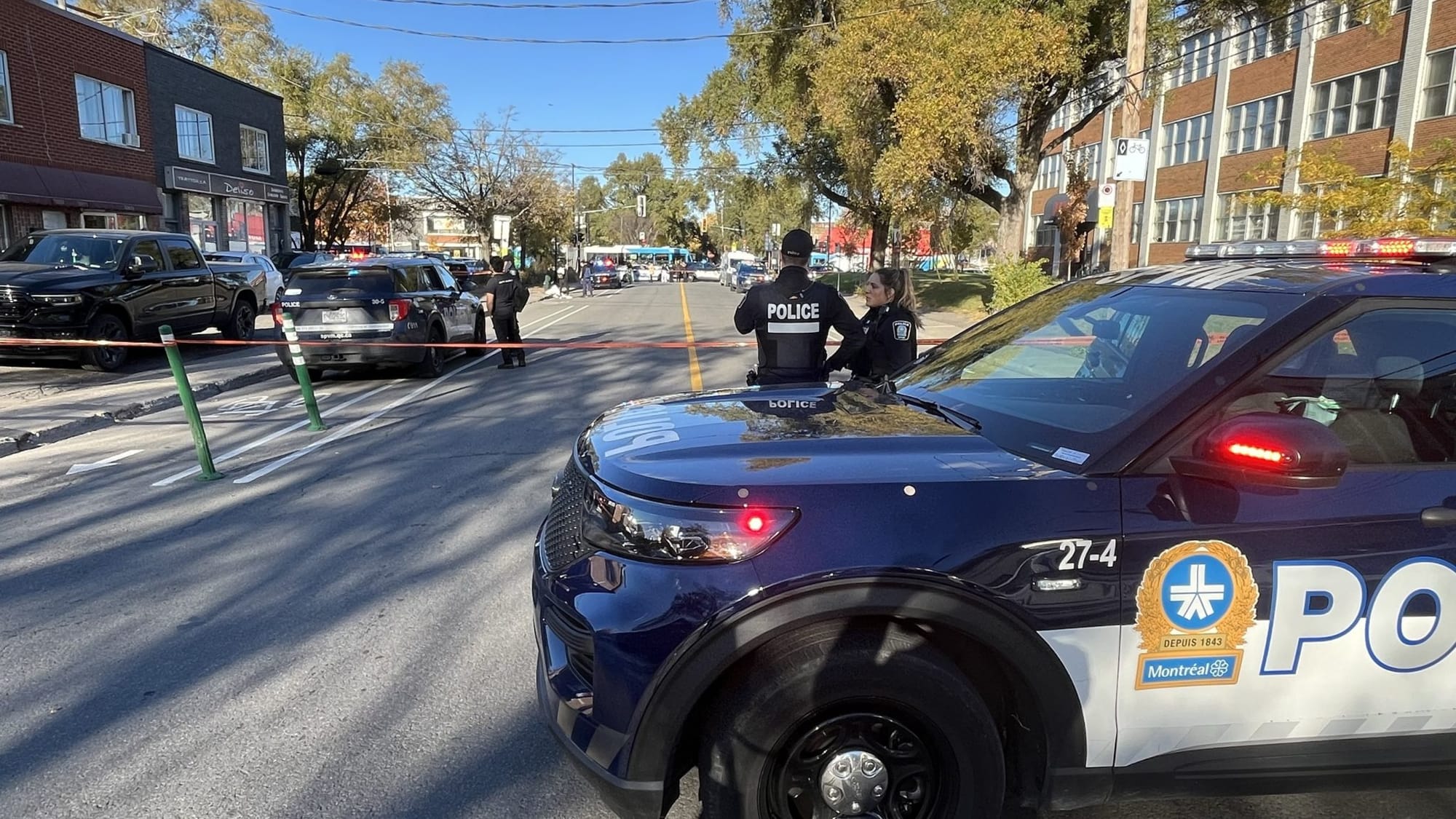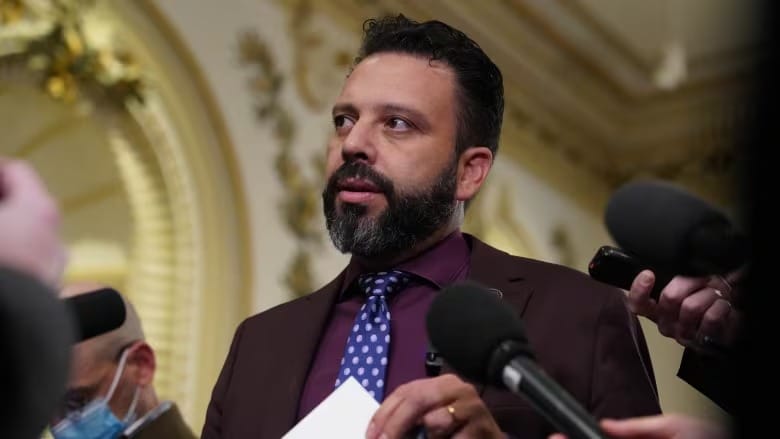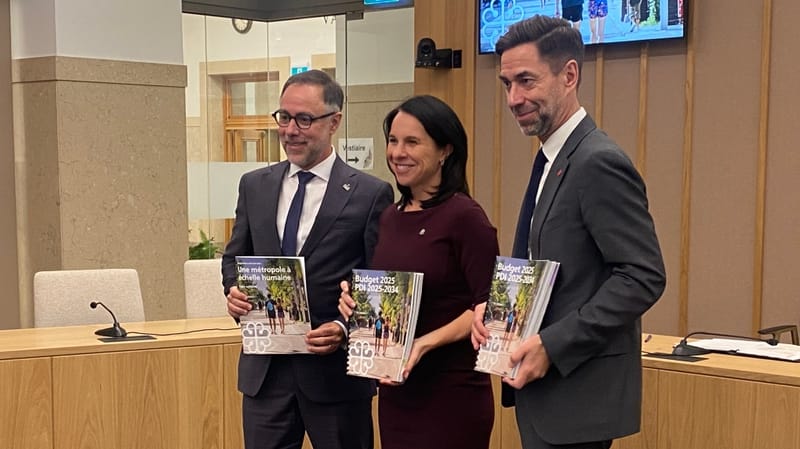Police directors’ group hoping to prepare mental health program for all Quebec police officers
"These scenes haunt me every time I see an overpass," said Lussier, who was diagnosed with post-traumatic stress disorder.

The demands of police work inevitably impact officers' mental health. To support their psychological well-being, the Association of Police Directors of Quebec (ADPQ) is working on developing a mental health program accessible to all police officers across Quebec.
While some police departments already have such programs, they are not available in all municipalities. The ADPQ plans to propose program options to the Ministry of Public Security in the coming months and is seeking government funding to implement this initiative.
"The ADPQ believes that such a program is essential," said ADPQ President Pierre Brochet during a Monday press conference at the Longueuil police department (SPAL).
Brochet, who also serves as the police director in Laval, acknowledged that many police services lack the resources for consistent access to specialized psychologists.
“This is why the ADPQ conceived the idea of a Quebec police assistance program. Today, we are not launching this program but confirming that we’re collaborating with the Sûreté du Québec to explore potential program models and costs,” he explained.
The Montreal police (SPVM) already has its own mental health support program for officers, primarily funded by the City of Montreal, a benefit not extended to all municipalities.
"They have an excellent system for monitoring mental health issues with dedicated psychologists," Brochet said, citing SPVM as a model they hope to adapt for all Quebec officers.
The ADPQ seeks government budget allocation for this provincial program, with funding likely to be a collaborative effort with municipalities, Brochet explained.
He emphasized that while the Montreal model could serve as a foundation, it should be adaptable to the realities of all police officers in Quebec. Brochet noted that recruiting and retaining psychologists is challenging, given the current labor shortage.
High Exposure to Traumatic Events
Police officers in Quebec face psychological injuries at rates 5.2 times higher than other professions, mainly due to frequent exposure to traumatic events, noted Annie Gendron, a researcher with the Centre for Strategic Research and Development at the National Police Academy of Quebec.
She shared that over 75% of police officers report experiencing at least one traumatic event during their career.
Officer Pierre-Charles Lussier of the Roussillon Police Department shared his personal experience at the press conference. He spoke of his friend’s suicide five years ago, a trauma that still affects him.
Though his superior had stopped him from entering the house, the image of his friend on a stretcher haunts him. Lussier also recalled other disturbing incidents, such as witnessing a young person jump from an overpass, whose body was subsequently struck by a vehicle.
"These scenes haunt me every time I see an overpass," said Lussier, who was diagnosed with post-traumatic stress disorder.
In his first year on the job, Lussier encountered 17 deaths from road accidents, suicides, and natural causes. "These are sights, smells, and emotions that stay with you, along with the nightmares. We’re not robots or superheroes; we’re human," said Lussier, who has been an officer for 10 years.
Brochet emphasized that Roussillon, a quieter residential area on Montreal’s South Shore, illustrates that even smaller police forces do not exempt officers from trauma. “All officers will experience traumatic events; it’s part of the job. When serious incidents occur, police are the first responders. That won’t change, so we need to build resilience and prepare them for this reality,” he said.
The press conference also served to promote a campaign on police work, with this year’s theme focusing on police mental health. A video was shared to raise public awareness of this issue.





